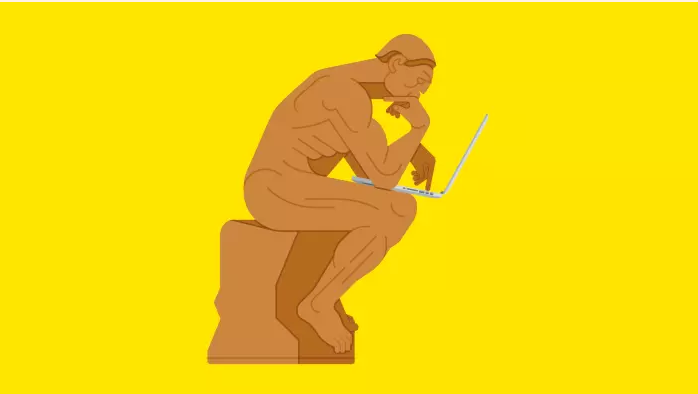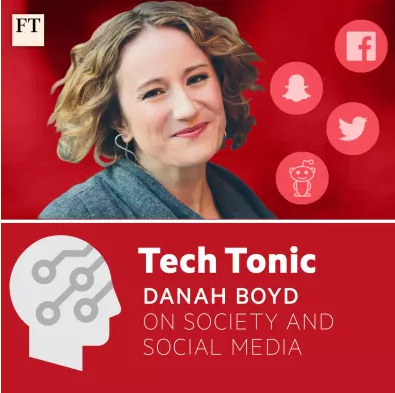|
It is a good time to be a history graduate (as I am) in Silicon Valley. For years, the tech industry shunned those who chose to study the liberal arts. Venture capitalist Marc Andreessen summed up the attitude in 2012, claiming that the average graduate with a degree in English would “end up working in a shoe store”.
Now, though, the Valley is realising that there is value in knowing more about the world than bits and bytes, maths and machine learning. Tracy Chou, a software developer who has worked at Pinterest and Quora, wrote recently that when she studied engineering at Stanford, she thought that was all she needed to learn. But when she left a world “circumscribed by lesson plans, problem sets and programming assignments”, she realised she needed more context to engage with the impact of technology on society. Read more of my column on 'How Silicon Valley learned to love the liberal arts' here. Other recent FT Weekend columns include how Burning Man legitimizes the tech industry, the problems with the alternatives to Facebook and the dangers of the YouTube algorithm, when unleashed on kids.
0 Comments
I've been enjoying my interviews for the FT's Tech Tonic podcast, out weekly. I spoke to Danah Boyd of Data & Society about disinformation campaigns online and sexual harassment in the tech industry and to Mary Lou Jepsen about her new start-up Openwater's plans to develop a ski helmet-sized imaging device that will one day read minds. Other podcast interviews include Elisabeth Mason, founding director of the Stanford Poverty & Technology Lab, Mehul Patel, chief executive of Hired, on recruiting in Silicon Valley, and Jeremy Johnson, chief executive of Andela, on building a team of engineers in Africa.
|
AuthorA selection of my work covering technology for the Financial Times' global audience. Archives
December 2019
Categories |


 RSS Feed
RSS Feed
